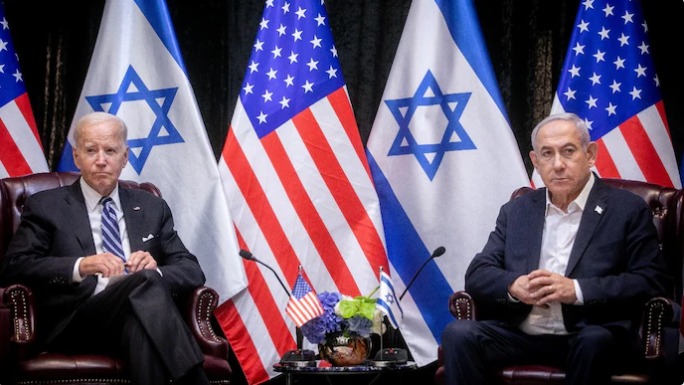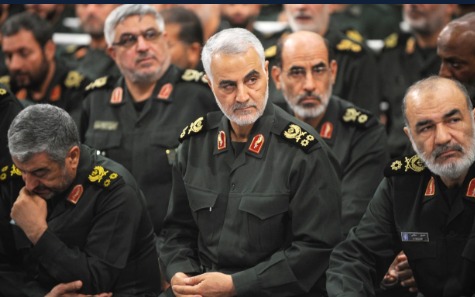In a significant development, Prime Minister Benjamin Netanyahu has declared an impending intensification of Israel’s military campaign against Hamas in Gaza. Speaking to members of his party, Netanyahu, who visited Gaza on Monday morning, emphasized that the conflict was far from its conclusion. This announcement follows recent advice from the US secretary of state, urging Israel to reduce the intensity of its strikes.
The roots of this conflict trace back to October 7, when Hamas initiated a deadly attack on communities within Israel, sparking a war that has unfolded with profound human and geopolitical consequences. According to Gaza’s Hamas-run health ministry, the toll on Palestinians has been devastating, with 20,674 reported deaths in Israeli bombardments, predominantly affecting women and children. Another grim statistic is the loss of approximately 1,200 lives, mostly civilians, during the initial incursion by Hamas gunmen, resulting in 240 individuals being taken hostage, of whom 132 remain in captivity.
Netanyahu’s resolve to eradicate Hamas and secure the release of hostages remains unwavering. During a Likud party meeting on Monday, he shared that the troops he met during his visit to Gaza urged Israel to persist in the fight. “They all asked me only one thing: that we don’t stop and continue on until the end,” he asserted, underscoring the commitment to a prolonged and unabated struggle.
Amidst the intensifying conflict, reports from Israeli and Arab media suggest that Egypt has proposed a ceasefire plan. The proposed plan outlines a phased release of all Israeli hostages and an unspecified number of Palestinian prisoners held in Israeli jails over a month and a half, culminating in a suspension of Israel’s offensive. However, both Israel and Hamas have thus far resisted the growing calls for a ceasefire, indicating the complexity and challenges of reaching a resolution.
On Sunday, the Gazan health ministry reported a distressing incident, stating that an Israeli airstrike in the Al-Maghazi refugee camp claimed the lives of at least 70 people, leading to the destruction of a densely populated residential block. The Palestine Red Crescent Society highlighted the impact of “intense” Israeli air strikes, causing the closure of main roads between Maghazi and two other refugee camps, Al-Bureij and Al-Nuseirat, hindering the work of ambulances and rescue teams.
In response to these reports, the Israeli military acknowledged receiving “reports of an incident in the Maghazi camp.” While acknowledging the challenges posed by Hamas terrorists operating within civilian areas in Gaza, the Israeli Defense Forces (IDF) asserted their commitment to international law, including taking feasible steps to minimize harm to civilians.
As the conflict continues to unfold with its complex dynamics, the region remains on edge, grappling with the human toll and geopolitical ramifications of a protracted struggle between Israel and Hamas. The proposed ceasefire plan adds a diplomatic dimension to the crisis, yet the entrenched positions of the involved parties underscore the arduous path to a resolution. The international community watches closely, advocating for a peaceful end to hostilities and a renewed commitment to dialogue and diplomacy in this volatile region.



